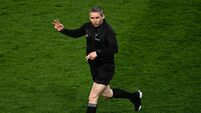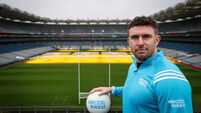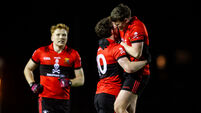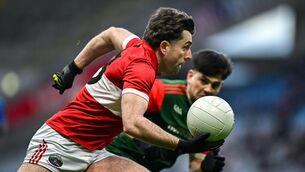‘A hurley broke and flew into a guy’s mouth. He had four teeth broken’
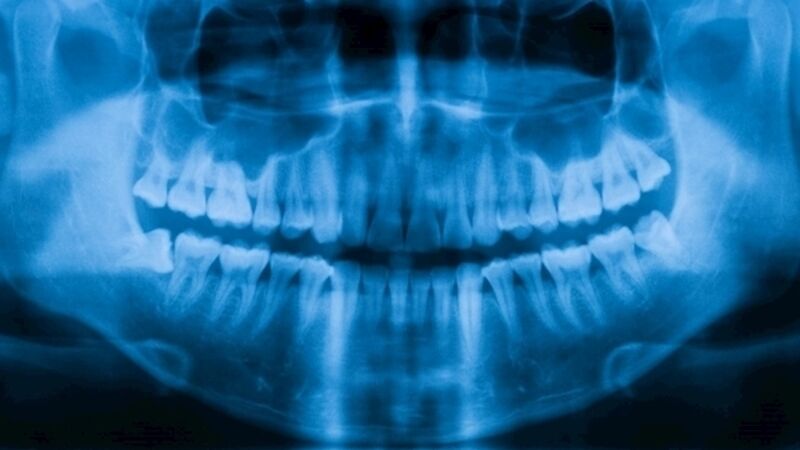
Last week yours truly wrote about dentists in the NHL. Blood, stitches, exposed nerves, tooth fragments: Your basic Saturday night out. What about tooth loss in Irish sport, though?
“I was playing a match one time,” says John Browne.







